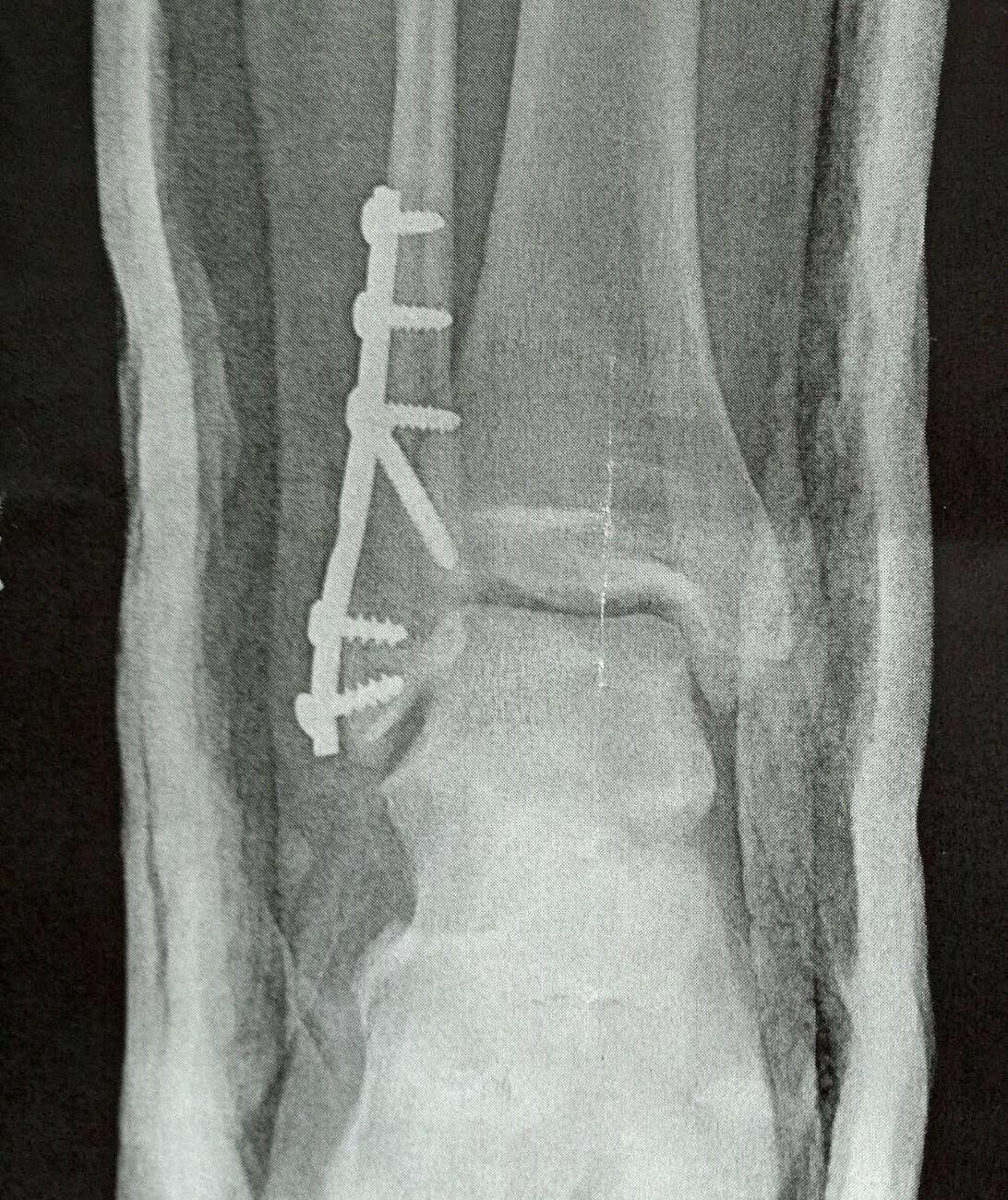The Mind-Body Connection - Mental Health and the Competitive Athlete
We encounter a problem and we fix it; that’s usually how we process and act on the minor obstacles we come across in our daily lives. If the car needs repairs, we get it looked at by a mechanic. If we get sick, we schedule a visit to our doctor. Yet, when dealing with more complex situations – like how to get out of a confidence rut or how to find happiness when battling depression after a serious injury – the solution can be much more complicated. There usually isn’t necessarily one easy, ‘quick fix’ answer.
As a DI athlete myself, I battled through a number of injuries (broken leg, torn knee ligament with a deep bone contusion, shin splints, a lumbar stress fracture)… The ironic part is that it was never the physical pain that I struggled with; it was the mental side that kept me sidelined for far too long. Before I experienced my first serious injury, I NEVER took the time to work on my mental game. I didn’t write, read, or talk about how I felt. I didn’t talk to coaches or teammates about how to better deal with stress or challenges, no matter how big or small. I didn’t prepare for the worst, because I was a teenager and assumed that ‘the worst’ usually doesn’t happen. I just did all of the physical things that most athletes do! I ran, I played, I trained, and I competed. Once I broke my leg – which happened at an ID camp just months before my first preseason of soccer at Northeastern – I learned that confidence can shift on a dime. I also learned how much it played a part in my sport and in my everyday life. After I had the surgery to put a plate and screws in my leg, I was a completely different person; I was so much harder on myself than before and I pretended to be okay when I was facing internal battles with myself on a daily basis. I wanted to perform like I had but I didn’t realize how much of a process it would be to feel like my old self. To be honest, I never fully recovered from the accumulation of injuries; I just patched myself up enough so that I could step on the field without an emotional breakdown or a whirlwind of frustration.
(Left image: photo of my broken fibula with hardware)(Right image: me now after years of mental battles after injuries)
Confidence, whether we know it or not, affects us all in some way, shape, or form. Our jobs, relationships, activities, and skills all revolve around it. According to Kelsey Griffith, Performance Enhancement and Rehabilitation Specialist at The Micheli Center for Sports Injury Prevention, athletes need to be more aware of the importance of mental health. In her current role, she acts as a coach to many athletes who seek help with navigating mental challenges associated with their prospective sports. In her words, “the mind and body are inherently connected. If the mental state of an athlete during a performance is positive, the body will likely respond in an ideal manner (successful performance output). We know that things like positive self-talk lead to positive effects; when athletes feel good, their minds are clear and they are better able to focus on the task at hand.” She calls her clients ‘human-athletes’ because there are things we need to address as human beings first before we look at fixing or working on the athlete element.
With a substantial increase in athletic participation over the years, we know that there are more athletes competing and spending more hours training each week. Kelsey encourages her athletes to take as much stock in their mental health as they do their physical health. She focuses on, “bringing awareness to their mindset, asking questions like when am I at my best? How does stress impact my performance? Mental health attentiveness is a preventative act and it should not be seen as a band-aid fix.”
In today’s society, competitive athletes really do have a lot on the line. To compete at their absolute best, athletes should aim to understand the importance of a balanced focus on both physical and mental health; it is critical to the overall success and ultimate happiness of any dedicated athlete. Creating conversations about the integral part mental health plays in an athlete’s everyday life is the first step to progressing in the right direction.



